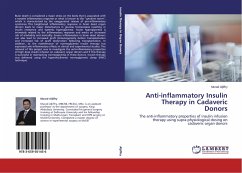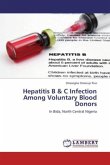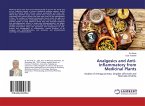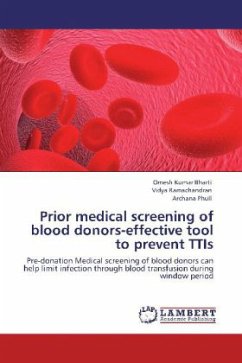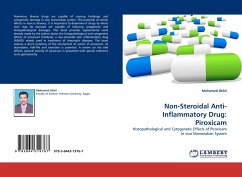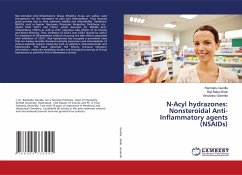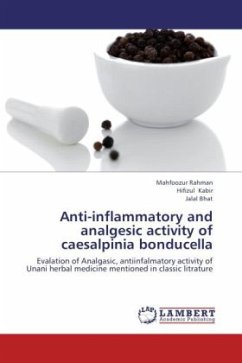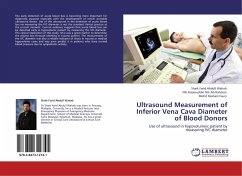Brain death is considered a major stress on the body that is associated with a massive inflammatory response or what is known as the "cytokine storm", which is characterized by the exaggerated release of pro-inflammatory cytokines. This heightened inflammatory response in brain dead organ donors leads to major disturbances in glucose homeostasis resulting in insulin resistance and systemic hyperglycemia. Acute hyperglycemia is intimately related to the inflammatory response and marks an increased risk of morbidity and mortality. Severe inflammation in brain dead donors can also lead to increased graft immunogenicity before transplantation and increased risk of graft dysfunction following transplantation. In addition, to the maintenance of normoglycemia Insulin therapy has expressed anti-inflammatory effects in clinical and experimental studies. The rational of this project was to investigate the anti-inflammatory properties of high dose insulin infusion on cadaveric organ donors and if this therapy is successful in maintaining normoglycemia in these donors. Insulin therapy was delivered using the hyperinsulinemic normoglycemic clamp (HNC) technique.
Bitte wählen Sie Ihr Anliegen aus.
Rechnungen
Retourenschein anfordern
Bestellstatus
Storno

